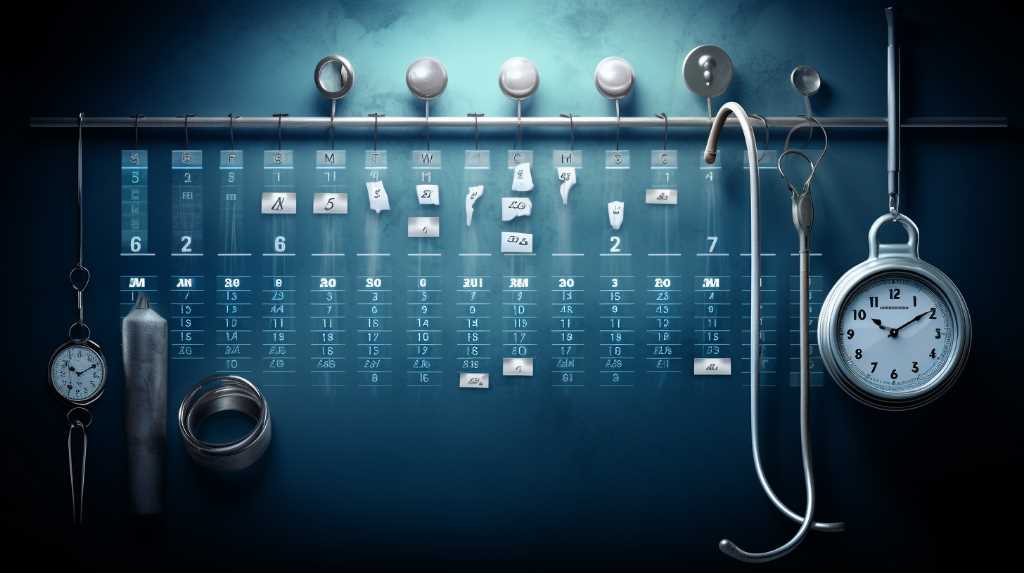
After a car accident, you might not feel hurt right away. Sometimes, injuries like whiplash, head injuries, or muscle strains can take a while to show up—it could be hours, days, or even weeks later. This can happen because when you’re in a scary situation, your body pumps out adrenaline, and that can hide the pain for a bit. That’s why it’s important to keep an eye on how you’re feeling after a crash and to go see a doctor, even if you feel fine at first.
Getting checked out is important not just for your health, but also if you need to show what happened in court. Remember to stay alert for any new pains or changes in how you feel, and don’t wait to get medical help. It’s better to be safe and make sure everything is okay.
It’s also a good move to write down what you’re feeling and when because those notes can be helpful if you need to talk to a lawyer about the accident.
Understanding Delayed Injury Onset
Sometimes, after a car crash, people might not feel hurt right away. This is called delayed injury onset. What happens is that the shock from the accident and the body’s adrenaline can hide pain for a while. This can last from a few hours to even days.
During this time, it’s hard to notice any injuries because the body is still in high-stress mode. Doctors say it’s important to watch out for any new pains, like a constant headache, a sore neck or back, a swollen belly, or feeling different in how you move or think. These could be signs that something is wrong, even if you felt okay right after the crash.
Catching these signs early is key. It can stop more serious problems like whiplash, brain injuries, or internal bleeding from getting worse. So, if you start feeling any of these symptoms after an accident, it’s a good idea to go see a doctor right away. They can check you out and make sure everything is okay.
Common Latent Injuries Explained
Common latent injuries such as traumatic brain injuries and soft-tissue damage often manifest well after the initial impact of a vehicular accident.
Traumatic brain injuries (TBI), including concussions, may not present immediate symptoms; however, they can lead to significant cognitive and neurological deficits if undiagnosed and untreated. It’s vital for patients to monitor for signs such as headaches, dizziness, or changes in behavior following an accident.
Similarly, soft-tissue injuries like whiplash can have delayed symptomatic expression. The absence of external wounds can mislead patients into underestimating their condition. Such injuries can result in chronic pain or mobility issues, necessitating a thorough medical evaluation to facilitate timely intervention.
Both types of injuries underscore the importance of seeking medical attention even when symptoms are not immediately apparent.
The Role of Adrenaline in Masking Pain
After a car crash, the rush of adrenaline in your body can hide pain, making you think you’re not hurt. Adrenaline is a strong hormone that kicks in when you’re in danger, making you more alert and strong for a short time. This can cover up pain and might trick you into thinking you’re fine.
Doctors have seen this happen often, so they know it’s important to get checked out after an accident, even if you don’t feel hurt right away. When adrenaline levels go back to normal, you might start to feel pain that shows you’re actually injured. That’s why medical experts say it’s very important to have a full check-up after any car accident.
This way, doctors can find and treat any injuries you didn’t know about at first.
When to Seek Medical Attention
If you’re in a car accident, it’s important to see a doctor right away, even if you feel okay. Sometimes, injuries like internal bleeding or a concussion can take a while to show symptoms. Doctors can find and treat these hidden injuries quickly.
Getting help early on can make a big difference in how well you recover. When doctors check you out after a crash, they’re making sure you’re completely okay, not just looking for obvious injuries. It’s a smart move to get checked out to keep yourself safe and healthy.
Documenting Symptoms for Legal Protection
If you’ve been in a car crash, it’s very important to write down every symptom you have, even the small ones. Doing this helps you in court because it proves that your injuries came from the crash. If your injuries or stress show up later, this record shows they’re because of the crash too.
You should write down when the symptoms start, how long they last, and how bad they are. Also, note if they make it hard for you to do your normal activities. Go see a doctor right away and put their reports in your notes. Pictures of your injuries also help a lot.
Keeping track of all this helps you with lawsuits, talking to insurance companies, and getting the money you deserve. This shows that you’re taking charge of your health and legal rights after the crash.
Conclusion
After a car crash, it might take a while for injuries to show up. This delay often happens because the stress of the accident can hide the pain at first.
It’s really important for anyone in a crash to see a doctor quickly, even if they don’t think they’re hurt. If any pain or problems start later on, writing them down is key. This helps doctors treat you right and can also be important if you need to go to court.
Staying alert and getting any unseen injuries checked out can make a big difference in staying healthy in the long run.